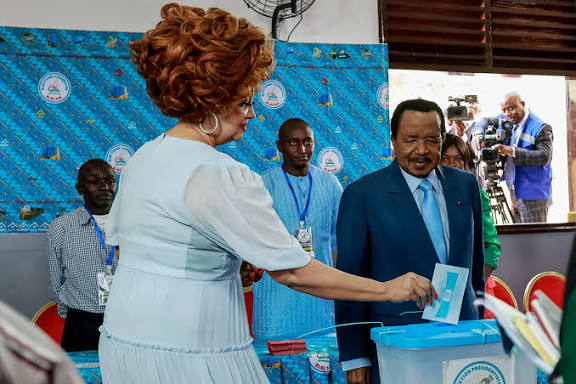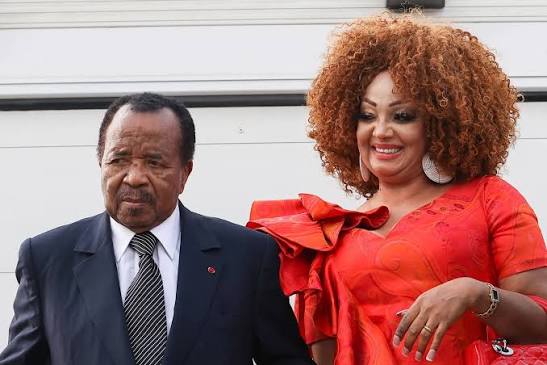Cameroon’s Constitutional Council on Monday, 27 October, 2025, declared 92-year-old incumbent ruler, Paul Biya, the winner of the highly contentious presidential election, extending his four-decade rule and setting the stage for heightened political unrest.
The official results grant Biya a seventh elected term—his eighth consecutive in power—with 53.66 percent of the vote. His nearest rival, Issa Tchiroma, a 76-year-old former member of Biya’s government who served as his spokesperson, secured 35.19 percent. This victory solidifies Biya’s status as the world’s oldest serving president and positions him to remain in office until 2032, when he would be nearly 100 years old.
The announcement followed days of escalating tension. Prior to the official declaration, Tchiroma galvanized his supporters, claiming victory himself and urging nationwide protests if what he termed “falsified and distorted results” were announced. His call to action resonated, sparking demonstrations across the country.
The unrest turned deadly in the commercial capital of Douala on Sunday, where clashes between protestors and security forces resulted in at least four fatalities and more than 100 arrests. The violence underscores the deep-seated political divisions and public frustration over Biya’s prolonged tenure.
The president, who is rarely seen in public and is known for spending significant time abroad in Swiss hotels, has long been a figure of controversy. His extended absences, combined with his advanced age, have frequently spawned rumors about his health, all of which he has thus far outlasted.
After casting his vote in the October 12 poll, a composed Biya offered a cryptic remark to journalists: “Nothing is given. Let’s wait and see. Let’s wait for the name of the winner.”
Having first come to power in 1982, Biya is now the second longest-serving president in the world, surpassed only by Teodoro Nguema of Equatorial Guinea, who began his rule in 1979.
As Cameroon grapples with this renewed mandate, the nation now faces a precarious future. The combination of a disputed electoral process, widespread opposition mobilization, and a leader whose advanced age and prolonged absences have become a central political issue raises profound concerns about stability in this French-speaking Central African nation. The question for many Cameroonians is whether Biya’s latest victory will bring a period of enforced calm or ignite a more profound and lasting crisis.

The Last Time Biya Declared President
Recall that President Biya was previously declared winner of the 2018 election by Cameroon’s electoral authority (ELECAM) on October 22.
According to the official results presented by the Cameroon electoral body, Biya secured a commanding 71.3 percent of the votes cast. His closest rival among the eight other candidates, Maurice Kamto of the Cameroon Renaissance Movement (MRC), was declared a distant second with 14.2 percent of the vote.
The outcome was immediately met with sharp controversy and allegations of widespread electoral fraud. Kamto and his supporters vehemently rejected the results, with the former claiming victory days before the official announcement, while framing the published figures as “sham.” This event set the stage for a period of significant political tension and legal challenges.
The election and its contentious aftermath were set against a backdrop of two severe and ongoing national crises, which heavily influenced the political climate.
The conflict in the English-speaking Northwest and Southwest regions, where a separatist movement gained control evidenced the bedridden political crisis. What began as protests against the perceived marginalization of the Anglophone minority by the Francophone-dominated government had, by the time of the election, escalated into a violent conflict.
Separatist forces had enforced a total lockdown in these regions on election day, effectively disenfranchising a significant portion of the local population and preventing polling stations from opening. This situation led to historically low voter turnout in these areas and raised serious questions about the legitimacy and inclusivity of the electoral process nationwide.
The second major crisis was the persistent threat from the Islamist extremist group, Boko Haram, in the Far North region. While the Cameroonian military had made gains against the insurgents, the continued instability in this part of the country also cast a shadow over the election, complicating logistics and voter participation.
Internationally, the declaration was met with cautious and measured responses. Key allies, including France, which has historically maintained strong ties with Biya’s government, called for restraint from all parties.

